One reason why many cancers are so dangerous is that they metastasize. A new study led by Chinese scientists revealed that the bacteria in the tumor cells assist cancer's relocation and promote cell survival during tumor progression.
Researchers from the Westlake Laboratory of Life Sciences and Biomedicine found that microbes could hijack tumor cells and bolster the strength of those host cells against mechanical stress in the bloodstream.
"Our study reveals that the cancer cell's behavior is also controlled by the microbes hiding inside tumors, the majority of which were originally thought to be sterile," said the paper's senior author Cai Shang with the laboratory.
Cai and his collaborators used a mouse model of breast cancer with significant amounts of living bacteria inside cells, similar to human breast cancer.
The bacteria in the cancer tissue is about 10 times richer than those in normal mammary tissue, according to the study published on Thursday in the journal Cell.
They found that the microbes can travel through the circulatory system with the cancer cells and those passenger bacteria are able to regulate the network of cellular actin, a protein that participates in many kinds of cell movement, including muscle contraction.
The study also showed that those microbes specialized in relocating cancer cells, instead of affecting the carcinoma in situ.
"Only one shot of bacteria injection into the breast tumor can cause a tumor that originally rarely metastasizes to start to metastasize," said Cai.
Then, the researchers injected antibiotics into the mice's blood to specifically eliminate the tumor bacteria. They found that the tumor did not shrink but the lung metastasis noticeably decreased.
Also, injecting those microbes back into the mice, metastasis noticeably increased, according to the study.
Tumor cells in the blood tend to die under mechanical stress called "flow shear pressure," but the microbes within could make them stronger by rebuilding their skeletons, the researchers tried to explain.
The study did not explain how the bacteria manage to invade and thrive in the tumor cells so as to render such postitive mutualism.
The researchers said a further in-depth study could lend a clue to a new strategy in properly implementing antibiotics for cancer therapeutics in the clinic.
Currently, the findings do not prove that using antibiotics during cancer treatment will benefit patients, said Cai.











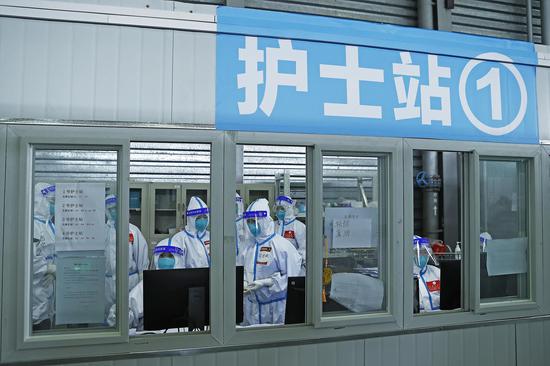









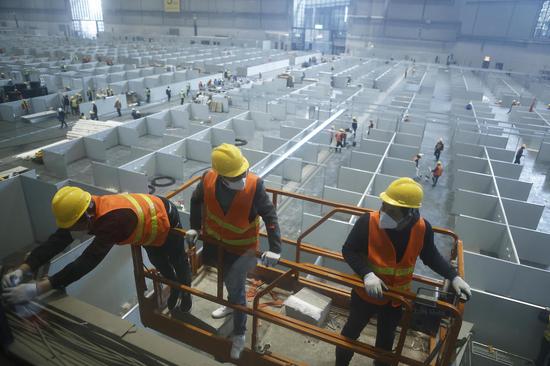



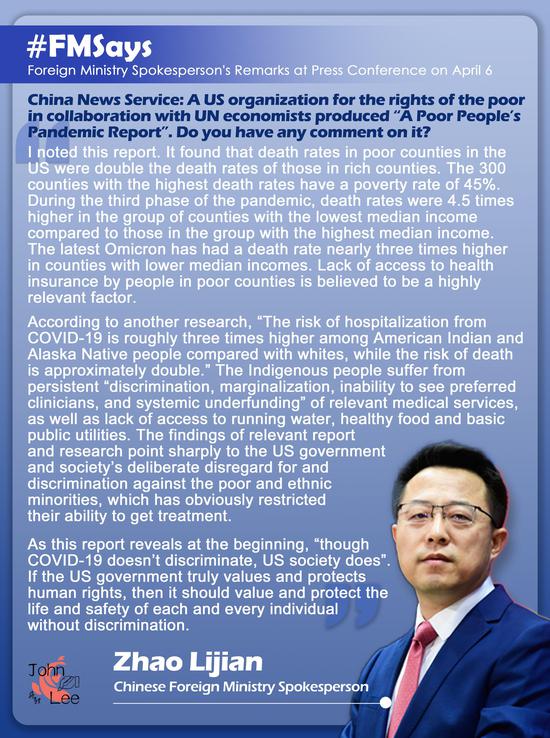






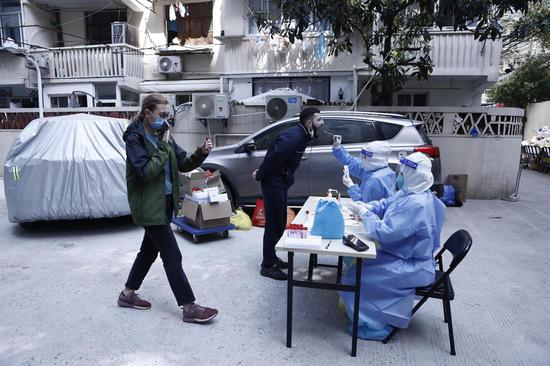


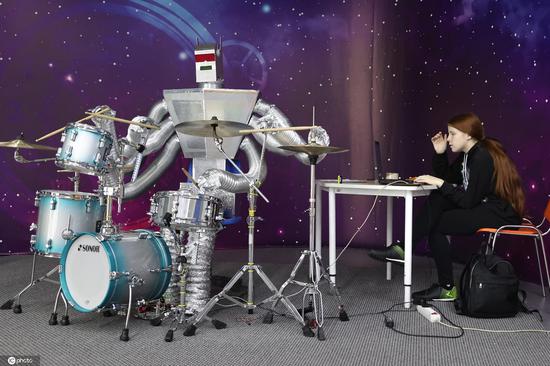



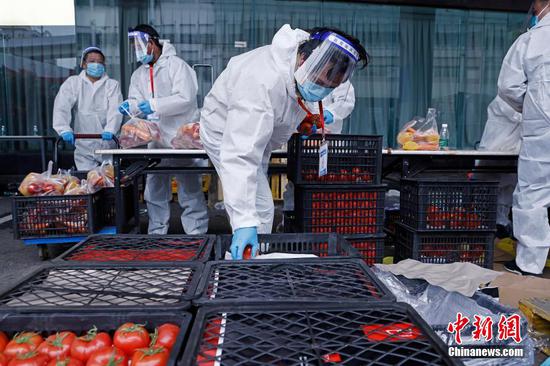










 京公网安备 11010202009201号
京公网安备 11010202009201号